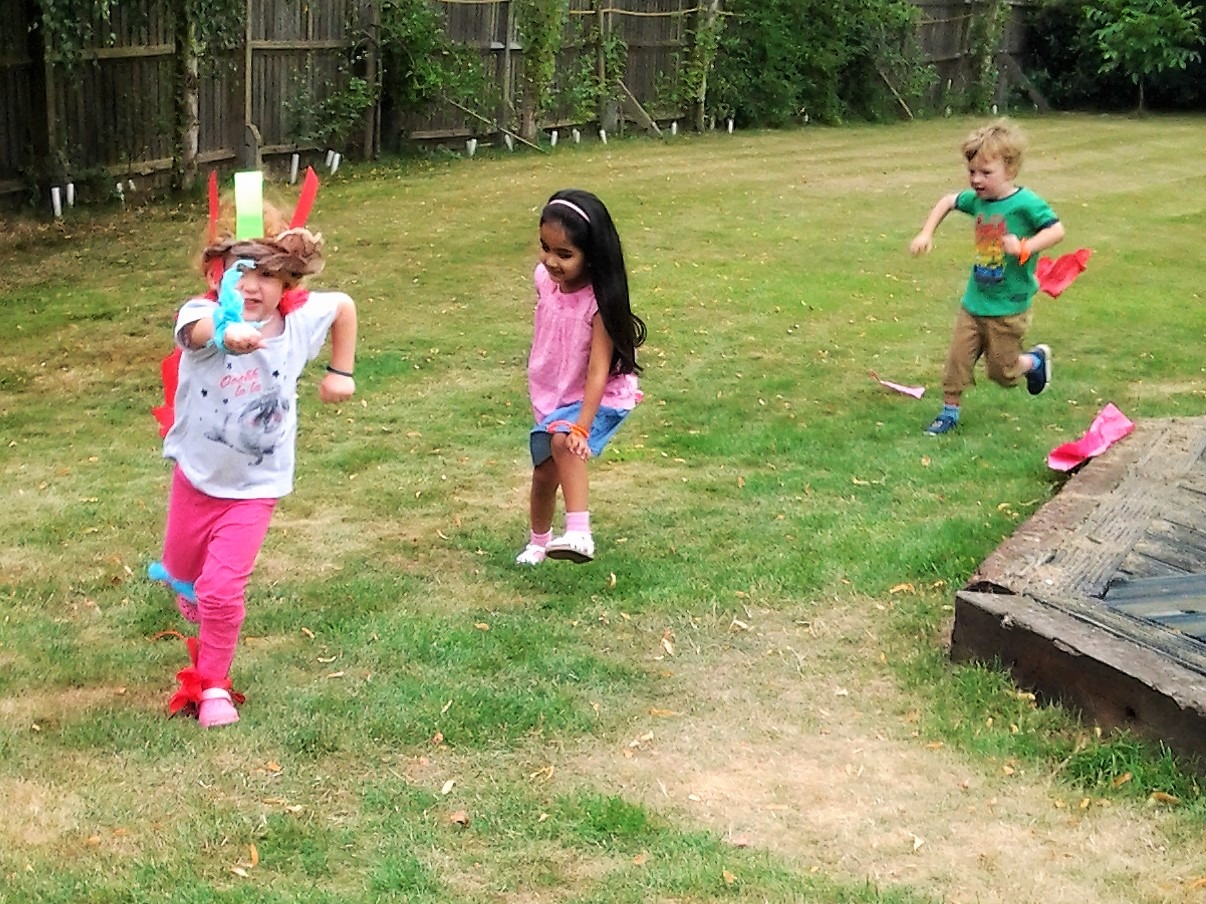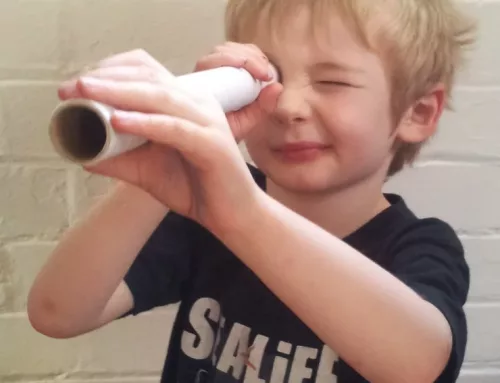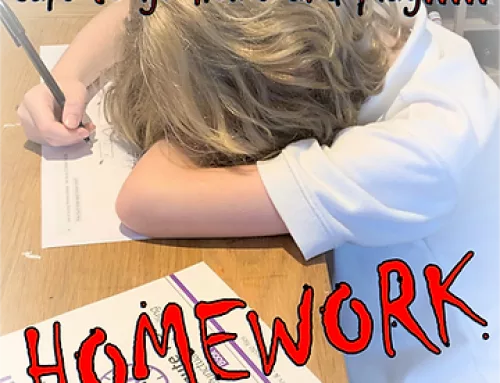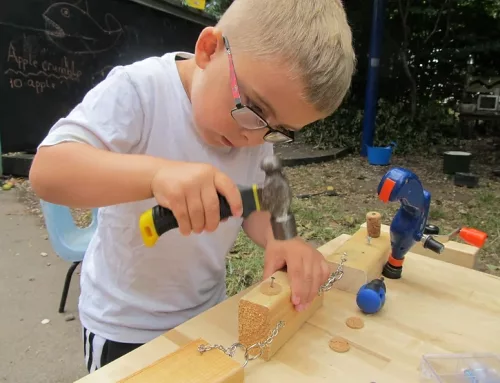Play Profoundly Improves Emotional Well-being.

In previous articles we have already acknowledged Play as one of the key criteria for healthy brain growth and as a crucial evolutionary survival trait that helps our children to become strong healthy adults.
Play performs another function though. Thanks to the work of Jaak Panksepp we know that play sits in the primitive limbic system of the child’s brain. Many of the functions of this area of the brain, when activated, create a powerful biochemical response. Positive pro-social functions such as play produce a cocktail of several biochemicals that have potent anti-depressant and anti-anxiety properties. In-fact these chemicals are used for just this purpose by medical professionals. If we were to squeeze a child’s brain and remove the chemicals (please don’t try this!) the biochemicals from play would be potent narcotics with an actual street value.
So, in essence, when a child plays they produce a series of “feel good” chemicals as powerful as prescription medication. We have all witnessed children so happy and engaged through play that they are quite literally “stoned” on play. This has a huge positive impact on the child’s emotional well-being.
The problem is that we are not sure how much (if any) of these chemicals a child produces when they are watching a screen or sitting still in a classroom. We know that mental health in children in this country is declining. We know that more and more children of younger and younger age are being prescribed anti-depressants and anti-anxiety medication. We also know that play is declining massively. The evidence does seem to suggest that in addition to its developmental role, play also has a vital biochemical role for the emotional well-being and mental health of our children. This is born out by the incredible benefits of play I have witnessed first-hand when working with vulnerable children and the huge success of play therapy as a treatment for children who have been through trauma.
To add to this, we know that negative emotions such as fear, anxiety and anger (also based in the limbic system) have their own biochemical response that is not so positive. Biochemicals associated with these emotions can be considered toxic and can, if left in the brain for too long, cause actual physical damage. In many ways the biochemicals associated with Play are the opposite of those associated with Fear, Anxiety and Anger and can balance their negative effects. There is even evidence to suggest that the highly acidic nature of chemicals associated with Anger, Fear and Anxiety can be offset by the anti-acid nature of some of the chemicals associated with play. This means that play has a unique biochemical balancing potential that can help children to cope with fear, anger and anxiety. Put simply, when a child is playing, the negative effects of anger, fear and anxiety are lessened allowing children to cope and ultimately thrive. In addition Play helps maintain a positive biochemical environment for growth, development and for healing emotional damage.
As a final interesting piece of biochemistry, a brain growth hormone called BDNF (Brain Derived Neurotrophic Factor) is produced when children play. This “brain fertilizer” speeds up brain growth in the same way that Baby Bio helps plants grow. This natural organic hormone has been shown to be as effective as behaviour medication such as Ritalin.
I recently witnessed a child running to his nursery with his hood on his head like Batman. The look of joy on his face was clearly evident as were the high levels of physical activity he was engaging in. The child’s mum then shouted, “Get that off your head you’ll mess your hair up!”
As a society we seem to be prioritising the wrong things in life. Systematically restricting play whilst increasing opportunities for sedentary behaviours through screen time is creating a crisis for our children’s physical health and development. I also believe we are removing a fundamental emotional balancing process leading to a further crisis in mental health, emotional well-being and resilience.

If you feel that you are as passionate about play as we are why not check out our play champions initiative to help us stand up for children’s rights to play.
Or for more detailed information about the benefits of play please get in touch or book one of our award-winning training courses.





Leave A Comment